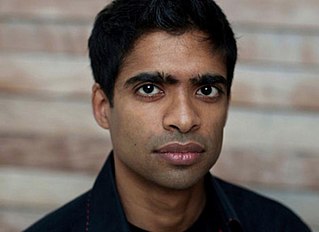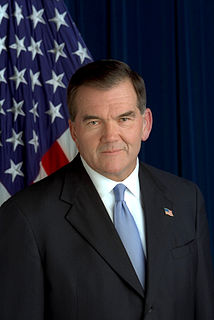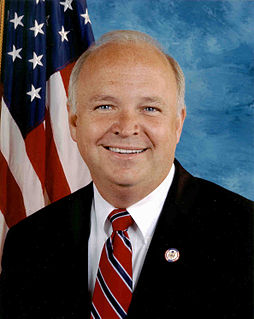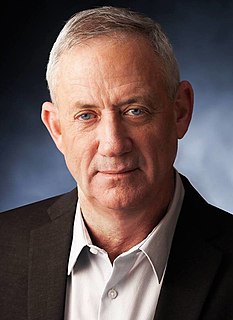A Quote by Anand Gopal
I was living near the Twin Towers on 9/11, so I saw the attacks, and I had friends who were killed in the attacks.
Related Quotes
Right after the 9/11 attacks I was living near Oakland in California with a buddy who had also grown up in the skate/punk scene of the 80s. We were so shell-shocked from the attacks that we sort of regressed into this childlike mode of filling our apartment with '80s memorabilia. We got all of our favorite skateboard decks off of eBay, bought a bunch of old independent trucks, we got a credit card so that we could buy 720 off of a videogame vendor, we sat around listening to T.S.O.L. and The Misfits playing 720 and pretending that we were still living in our childhood.
But perhaps the most important difference between conservatives and liberals can be found in the area of national security. Conservatives saw the savagery of 9/11 and the attacks and prepared for war; liberals saw the savagery of the 9/11 attacks and wanted to prepare indictments and offer therapy and understanding for our attackers. In the wake of 9/11, conservatives believed it was time to unleash the might and power of the United States military against the Taliban.
But I think the goal of all these attacks is the same, which is to seize maximum media attention. Maybe some of these attacks were meant to be small. Some of them might have been failed larger attacks. And some of them are just part of a new strategy of doing lots of tiny attacks, as opposed to one large one.
We were trying to get all of the planes down out of the sky. And we watched as the towers of the World Trade Center collapsed - something no one expected and anticipated. And you could sit there and see and be aware that thousands of people were at that moment being killed as a result of the terrorist attacks that struck the United States.
I started getting these attacks in 2009, just as my music career was taking off. I'd be doing photo-shoots and started to feel like I was having heart attacks. Increasingly I found it difficult to step outside my flat. Things started to get better after I saw a therapist, who told me I needed to make peace with my panic attacks.
It's unreasonable to me that there's a government in which the culture minister attacks the institutions she's responsible for. The justice minister attacks the institutions she's responsible for. The internal security minister attacks the institutions he's responsible for. The Cabinet attacks the IDF, and the prime minister attacks everyone.
When we talk about 9/11 and 26/11 - which is the shorthand for the Mumbai attacks in 2008 - we're talking about the most successful terrorist attacks in history. When you start trying to study the most successful event of its kind, it actually doesn't make for great fiction because there isn't the kind of failure in it that fiction thrives on.





























